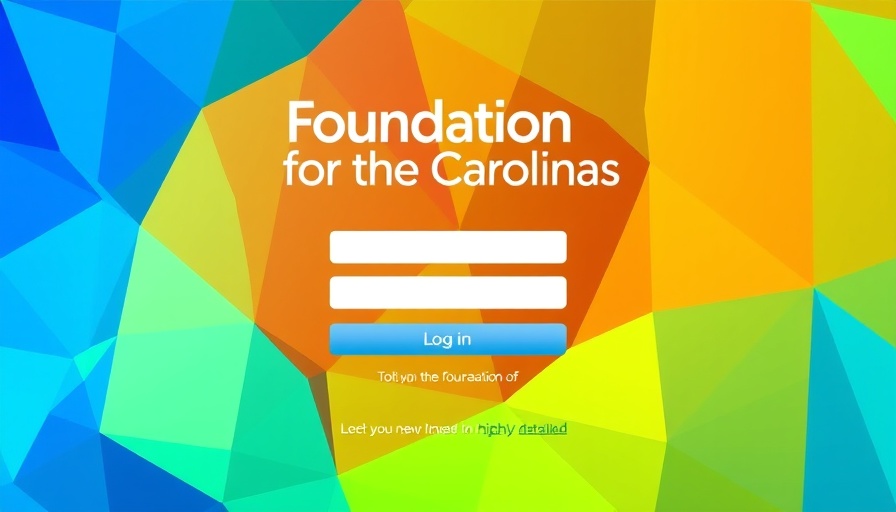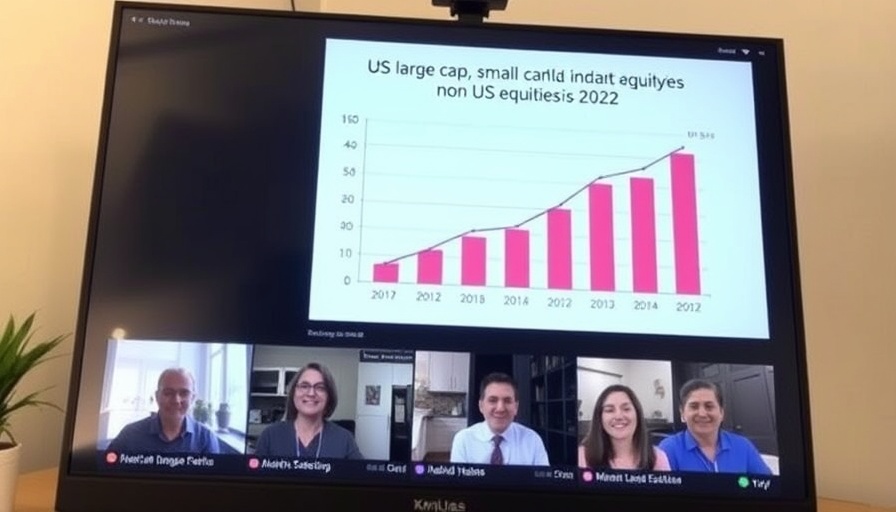
Unveiling the Importance of Scenario Planning in Nonprofit Organizations
In a rapidly changing economic landscape, nonprofit organizations face unprecedented challenges. Understanding how to anticipate these changes through effective scenario planning could very well determine their future sustainability. The recent Nonprofit Business Agility Series Session 4: Scenario Planning - A Deeper Dive shed light on critical strategies nonprofits can adopt to navigate uncertainties.
In Nonprofit Business Agility Series Session 4: Scenario Planning - A Deeper Dive, the discussion delves into the vital importance of scenario planning in navigating funding uncertainties.
The Session Insights
The session featured diverse organizations coming together at Goodwill, sharing their experiences and insights on scenario planning. Ryan Boss of Rise Above Fitness, Rachel Blake of Hopeway, and several other nonprofit leaders shared their concerns and cases, creating a rich environment for collaborative learning. This atmosphere encouraged candid discussions about the unpredictability of funding and emerging trends that may affect operations.
Facing an Uncertain Future
Peter Blair, CEO of the Lee Institute, emphasized the notion that the insights necessary for navigating circumstances lie within the group itself. Each participant brought forward their unique experiences reflecting the shifting landscape of funding priorities. This pivotal idea reinforces that nonprofits must harness the collective wisdom of their community to develop robust frameworks that provide foresight into financial stability.
Community Engagement: A Path to Resilience
Building relationships in the community emerged as a fundamental strategy throughout the discussions. Participants highlighted the necessity of transforming the typical donor relationship into a vibrant community of engaged supporters. Nonprofit leaders discussed how storytelling and bringing community voices into their missions could enhance awareness and retention of funding sources.
Shifting Away from Success Myths
A prevalent theme during the day was the need to redefine success metrics. The discussion made clear that measuring traditional outcomes is not enough; nonprofits must innovate to redefine how they evaluate success. The concept of scenario planning wasn’t just about identifying challenges but also about creating opportunities for growth and sustainable impact.
Building Sustainable Revenue Streams: A Collaborative Approach
One key area of focus was diversifying revenue streams. Many organizations are shifting from heavy reliance on corporate funding toward cultivating individual donor relationships. This transition requires a strategic rethinking of how to engage with potential supporters, ensuring that each organization effectively communicates their expanded missions and services.
Next Steps for Nonprofits: Actionable Insights from the Series
The insights garnered from this session were numerous but boiled down to a few actionable strategies:
- Deepen Community Engagement: Create strong relationships that go beyond transactional interactions with donors.
- Utilize a Collective Mindset: Regularly meet with peers to share insights and frameworks for building resilience.
- Innovate Solutions: Own the narrative around your organization’s mission and ensure that it resonates with the community’s needs.
As nonprofits confront the realities of an unpredictable world, scenario planning is not just a strategy; it is a necessity for survival. Engaging the community, reevaluating success metrics, and diversifying funding sources lays a pathway toward resilience in the sector.
 Add Row
Add Row  Add
Add 


Write A Comment